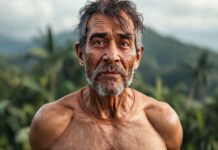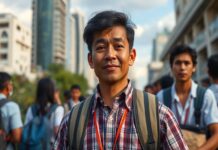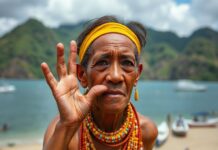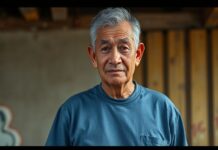Honduras is among the worst-evaluated countries in Latin America in international indices concerning citizen freedoms, according to the Association for a More Just Society (ASJ). The recent report titled «State of the Country: Civic Space» highlighted the attacks on journalists, environmental activists, and indigenous communities amid social and political conflicts, placing Honduras at a dishonorable 37th place, just above Venezuela, Cuba, and Nicaragua. According to the Global Alliance for Citizen Participation (Civicus), Honduras had restricted civic spaces for its citizens in 2023. This international monitor pointed out that land tenure issues, the environment, and agrarian conflicts posed significant risks of violence, especially to indigenous and Garifuna communities. Additionally, Honduras ranks 77th out of 109 countries evaluated in terms of the enabling environment index. This index examines the conditions under which civil society operates, governance, and socio-cultural and economic aspects of society.
Studies conducted by Freedom House, an organization dedicated to researching and promoting democracy, political freedom, and human rights, categorize Honduras as partially free. The organization assigns Honduras 48 out of 100 possible points in the freedom index, measuring the actual rights and freedoms enjoyed by individuals in each country. One contributing factor to Honduras’ negative rankings is the violation of rights and attacks on the national press. Many of these attacks, particularly in the past year, have originated from state entities, including the Executive Branch and the National Congress.
One recent victim of these systematic attacks is journalist Thelma Mejía, who has faced intimidation on social media by government proxies for highlighting specific actions taken by the administration that conflict with the law. Mejía expressed concern over the shrinking civic spaces in the country and emphasized the need for strengthening democracy, fostering dialogue, and avoiding descent into authoritarianism or autocratic democracies. Echoing Mejía’s sentiments, human rights defender Dina Meza noted that the ASJ report reaffirms the deteriorating situation in Honduras, particularly regarding civic spaces and freedoms being severely compromised.
Meza highlighted the prediction that the situation will worsen as elections approach, with over 100 individuals likely to be labeled enemies of democracy. The ongoing decline in civic spaces and freedoms in Honduras underscores the urgent need for political elites, the government, and the media to address these issues and rectify their actions. Mejía and Meza’s statements underscore the critical need for immediate action to safeguard democratic principles and protect fundamental rights in Honduras as the country faces escalating challenges in the realm of citizen freedoms and civic spaces.





